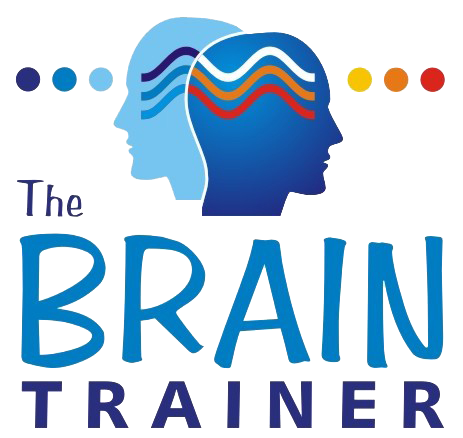.
WHAT IS NEUROFEEDBACK?
A Drug Free Alternative to better Well-Being
.
Neurofeedback for DEPRESSION
Feeling down or depressed from time to time happens to most people, but usually passes, and the person can improve his or her mood naturally. However, some people cannot break out of a depressed state over an extended period of time. In those cases, a person is considered to have clinical depression, a psychological diagnosis
In reality, there is much research demonstrating that depression is neurological, not psychological. Certain brain patterns are linked to depression.
Brainwaves and Depression
There are a lot of different brain patterns for depression. One of the most common is called alpha asymmetry, which is too much alpha (especially 10-12 Hz) in the left hemisphere compared to the right. Another common one is excessive alpha in the front of the head. Others are very low alpha levels in the back of the head, or failure to block alpha with eyes open or at task, or any of a variety of tone strategies.

How does Neurofeedback help treat depression?
- Neurofeedback training works on the root of the problem, altering the brain patterns affiliated with depression.
- Neurofeedback can help restore healthier brain patterns and eliminate depression by teaching the brain to get “unstuck” and better modulate itself.
- With Neurofeedback training, the brain practices healthier patterns of mood regulation under the supervision of a neurofeedback practitioner.
- Neurofeedback training for depression is very promising because it can not only relieve the symptoms of depression but can also modify the biological predisposition for becoming depressed and help you regain control of your life.
- Neurofeedback can bring lasting brain changes, is non-invasive, and produces no undesirable side effects

